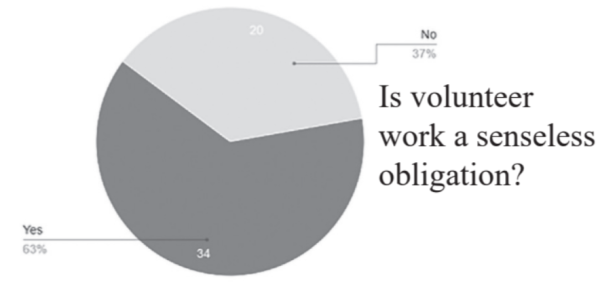New attendance policy ‘skips’ the real problem
It is official. WS designates far more resources toward coercing students who do not want to go to school to go to school, than toward students who regularly attend and are prepared and eager to learn.
The new “Discipline and Intervention Guide” (located in all student planners for convenience), grants suspension of all student privileges to the student who accidentally oversleeps a mere three times. The habitual McDonald’s attendee, however, is rewarded with an “individual attendance plan,” and even gets a “team” of undoubtedly supportive administrators to encourage the MIA student to perform one of their few responsibilities at this age: going to school.
Exactly how many times has a student ever been pulled from class by security and taken to a conference room to discuss what a good job they have been doing? If it happened, it would seem a little silly, because congratulating successful students is a rarity and is regarded as an unusual activity. Too much time is spent reprimanding students who do not wish to be in school, rather than congratulating those who do.
Most students with a severe case of the “Ferris Bueller” Syndrome do not participate in a plethora of after-school activities and thus, many of the disciplinary consequences do not even affect them. The student who frequently skips class is also unlikely to care about a call or an e-mail to his parents.
It seems the new attendance policy targets students who have a reason to make a special guest appearance after 2:10 p.m., for either a sports practice or club, but fail to report during regular school hours. This type of student is best exemplified by many Class of 2014 athletes, who coincidentally arrived right on time for the big game, but could not get themselves out of bed at a decent hour.
It is nice to know that a big reason for the attendance policy graduated last year and the policy changes affect mostly the people to whom that policy applies the least. For the handful of students who truly do not wish to be in school, emphasis should be placed on finding a setting in which the individual can succeed. More than likely, there is a reason the student doesn’t want to come to school, beyond laziness and general dislike.
There’s no need to take away privileges for the average student who misses one or two classes per year in order to apprehend the student with bigger problems to worry about. In some cases, the ship should sail without the “skipper”.










